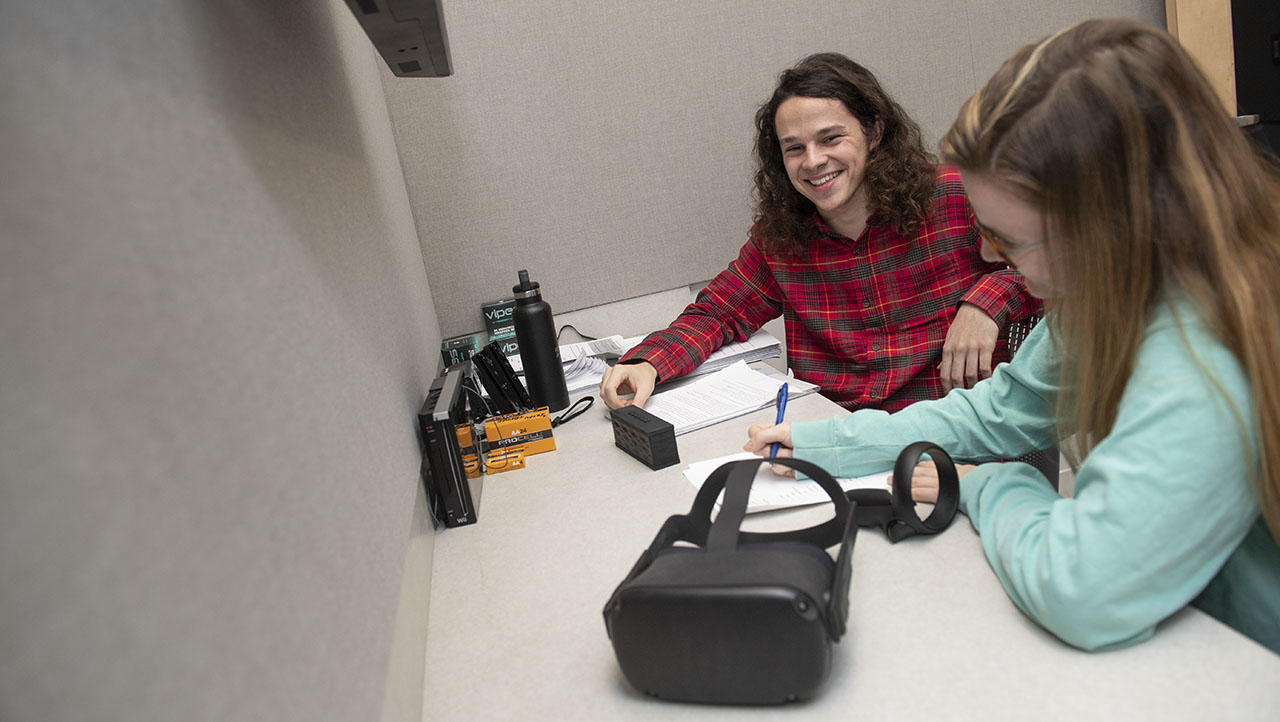
 |
 |
APPLY NOW
|
REQUEST INFO
|
Bachelor of Science in Psychology
Psychologists study human and animal behavior and apply knowledge in a variety of ways. They are concerned with how organisms perceive and adapt to the world around them; how organisms learn, store and process information; and how organisms develop, mature, and age. Psychology majors are also interested in the physiology of organisms, social relationships, problem solving, creativity, intelligence, deviant behavior, motivation and measurement. Individuals who pursue psychology must be good observers and able to record and interpret what they observe. Like all scientists, they must have curiosity, patience, diligence and commitment to precision and accuracy. Psychology is an exciting combination of research, theory and application that students find rewarding and challenging.
The Student Experience
- Students have the opportunity to conduct individual research during their junior and senior years. Recent projects include studies on the effect of gender on criminal sentencing, texting behavior and driving, social media and personality, and learning styles.
- Psychology majors have presented their research at local, regional, and national professional conferences and submitted their research for publication in undergraduate and professional research journals.
- Students also have the opportunity to earn elective credit or internship credit for volunteer work in various community organizations including mental health centers, rape crisis and spouse abuse agencies, and agencies that serve special needs children.
Beyond the Classroom
Students majoring in psychology are involved in many professions including: behavioral consulting; counseling; teaching; research; forensic psychology; government agencies; business and marketing; and care providers in hospitals and community mental health agencies.